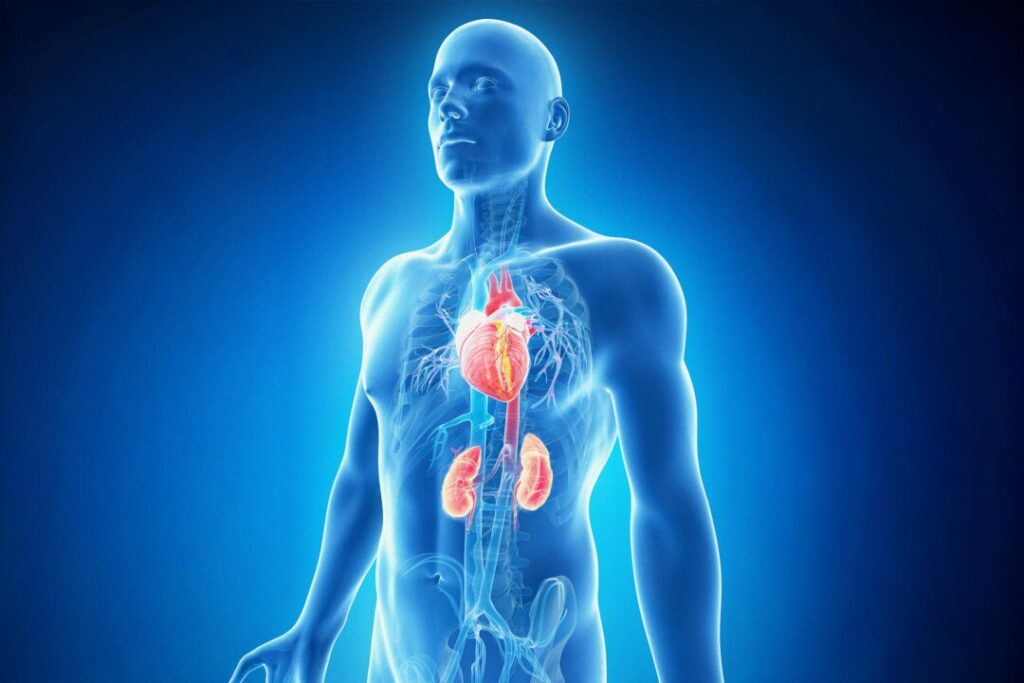
A new health condition, termed cardiovascular-kidney-metabolic (CKM) syndrome, affects nearly every adult in the United States, yet an alarming 90 percent of the population remains unaware of it. The American Heart Association (AHA) has raised concerns about this syndrome, which identifies a cluster of interrelated diseases that can significantly elevate the risk of serious health issues, such as heart attacks and strokes.
CKM syndrome encompasses several interconnected conditions, including heart disease, kidney disease, diabetes, and obesity. These conditions often coexist, creating a complex health landscape that has been historically treated as separate issues by healthcare providers. The AHA first defined CKM syndrome in a 2023 Presidential Advisory, highlighting the urgent need for public awareness and understanding.
Understanding the Health Impact
The implications of CKM syndrome are profound. According to the AHA, individuals with these interconnected diseases face a significantly higher risk of experiencing life-threatening cardiovascular events. This includes a marked increase in the likelihood of heart failure, which can lead to debilitating health complications and reduced quality of life.
Despite its prevalence, the lack of awareness surrounding CKM syndrome poses a significant challenge for public health. A recent survey conducted by the AHA revealed that many adults do not recognize the potential dangers associated with these conditions. This gap in knowledge can hinder early detection and treatment, exacerbating health risks for millions.
Dr. John Doe, a leading cardiologist and spokesperson for the AHA, emphasizes the importance of education: “Understanding CKM syndrome is crucial for both patients and healthcare providers. By recognizing how these conditions are interrelated, we can improve prevention and treatment strategies.”
Raising Awareness and Encouraging Action
The AHA is actively working to educate the public about CKM syndrome and its implications. Campaigns include informative resources, community outreach programs, and collaborations with healthcare professionals to ensure that individuals are better informed about their health risks.
Individuals are encouraged to engage in regular health screenings and discussions with their healthcare providers. Addressing risk factors associated with CKM syndrome, such as poor diet, lack of exercise, and smoking, can significantly improve overall health outcomes.
As CKM syndrome continues to impact a vast majority of adults in the United States, the AHA’s efforts to raise awareness may lead to better health management and improved quality of life for those affected. The organization is committed to fostering a comprehensive understanding of CKM syndrome, underscoring the need for a collaborative approach to health that acknowledges the interconnectedness of these conditions.
In conclusion, CKM syndrome presents a pressing public health issue that requires immediate attention and action. By increasing awareness and promoting education, the AHA aims to empower individuals to take charge of their health and mitigate the risks associated with this newly recognized syndrome.







